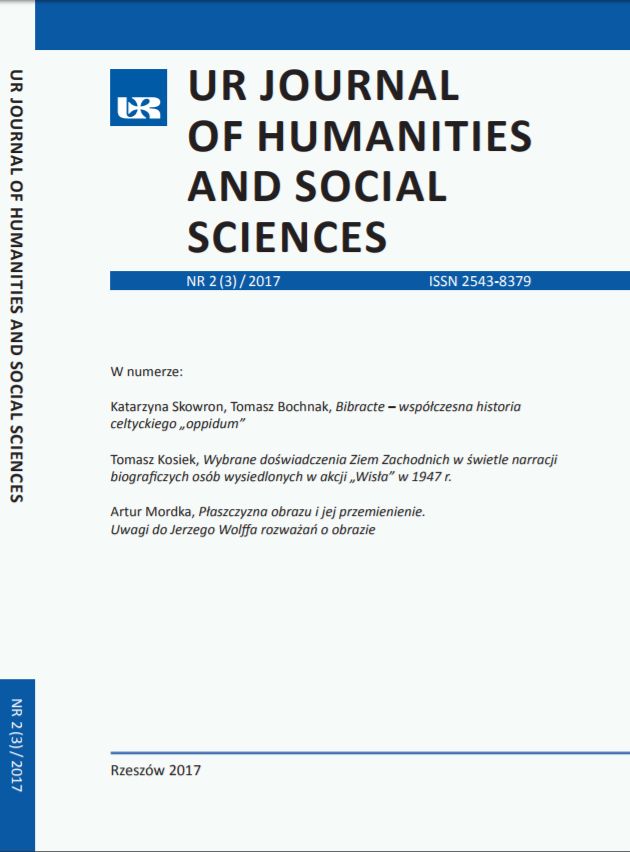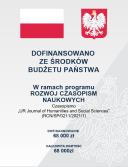When science become a game... (De)constructively and briefly on certain (unlear) regulations of the academic world
DOI:
https://doi.org/10.15584/johass.2017.2.7Keywords:
objectivity, scientific process, researcher’s world, world of academy, university, scienceAbstract
This paper is about selected negative phenomena from the academic world, such as the strategy of chasing points (“punktoza”), impactitis, predatory journals or practicism. These phenomena make a game of science in which not only peoples of science (academicians) participate, but also different kinds of tricksters who try to use science and the academic world for they own purpose (mostly: profit and prestige). At first a broad definition of science and a preliminary assertion on the existence of two worlds of science (academic worlds and outside academic world) are formulated. Both worlds influence each other. Next the symptomatic negative scientific phenomena are discussed (for example: raising the science rank to the level of a specific revelation, and thus the apodictic determinant of the true). They occur in the outside academic world and have an efficient influence on the deformation of science and its image (for example: the extreme practicisation of science and elimination of metaphysics). After that I provide examples of unilateral and not quite honest uses of science within the academic world. These examples pertain to the relativisation, subjectivisation and de-objectivisation of science and in consequence practical nihilism. The next section of the paper is devoted to strictly scientific phenomena related to the structures of science (financing, publishing, accounting of the scientist). It emerges that dishonesty creeps into every level of scientific life (for example: works on topics for which authors do not have the appropriate competence, as is the case for humanists interpreting complex theories of the natural sciences). Finally, I make a summary of my reflections and analyses and formulate a postulate of scientific authenticity.
Downloads
Downloads
Published
How to Cite
Issue
Section
License
Copyright (c) 2017 Wydawnictwo Uniwersytetu Rzeszowskiego

This work is licensed under a Creative Commons Attribution-NonCommercial 4.0 International License.



